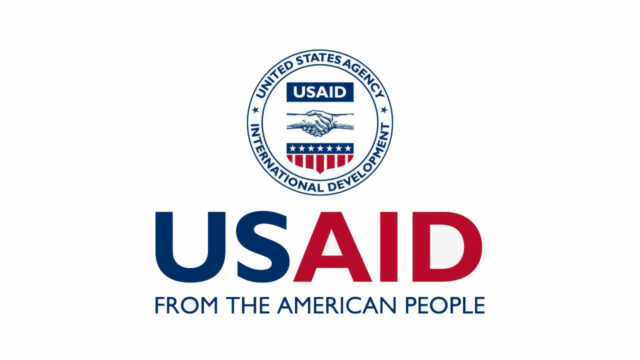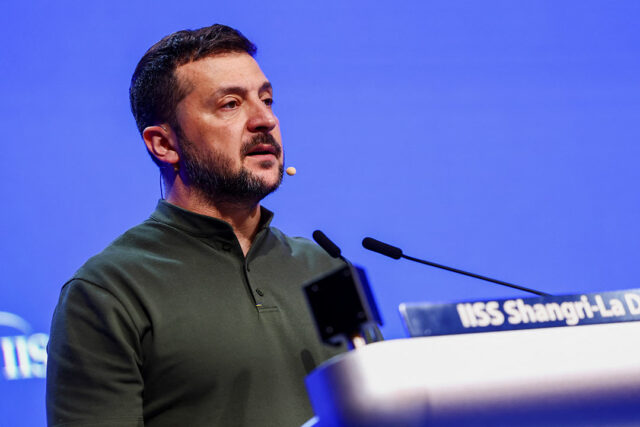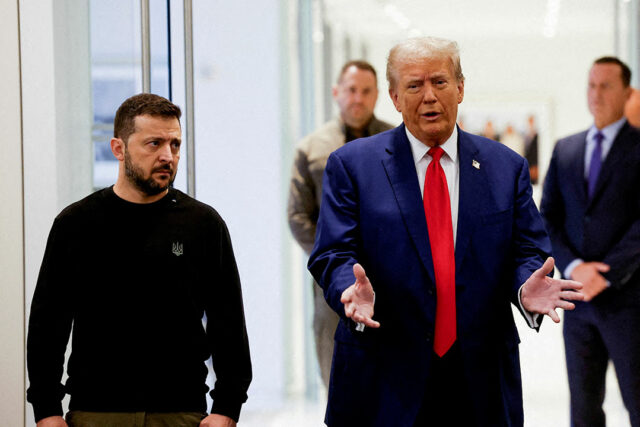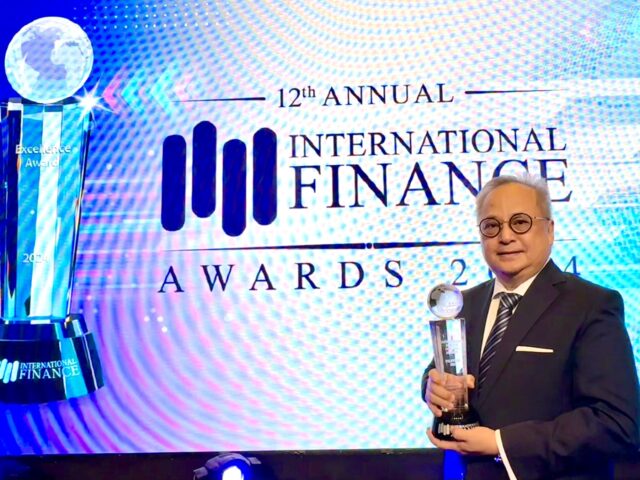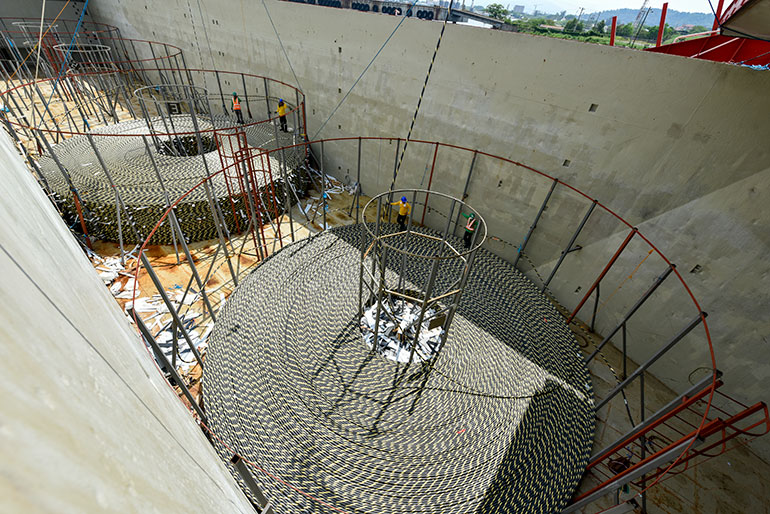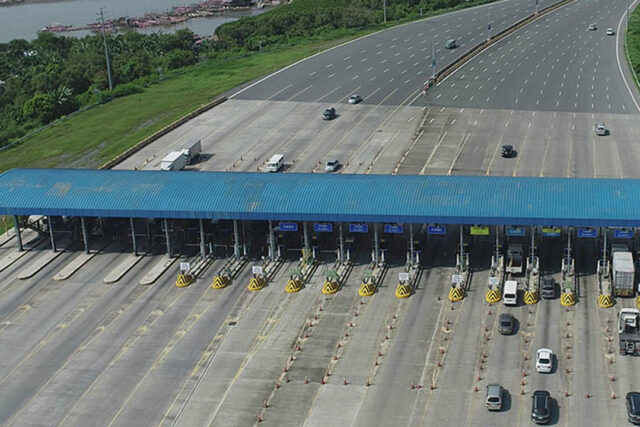By Luisa Maria Jacinta C. Jocson, Reporter
HEADLINE INFLATION likely slowed in February amid the decline in prices of rice and other key commodities, analysts said.
A BusinessWorld poll of 18 analysts conducted last week yielded a median estimate of 2.6% for the February consumer price index (CPI). This was within the Bangko Sentral ng Pilipinas’ (BSP) 2.2%-3% forecast for the month.
If realized, February inflation would be slower than the 2.9% in January and the 3.4% clip in the same month in 2023.

This would also be the lowest monthly print in four months or since the 2.3% recorded in October.
The Philippine Statistics Authority is scheduled to release February inflation data on Wednesday (March 5).
“Upward price pressures for the month include higher electricity rates and oil prices, and an increase in the prices of key agricultural commodities such as fish and meat,” the BSP said in a statement.
However, these were likely offset by lower prices of rice, fruits, and vegetables as well as negative base effects, it added.
“Softer gasoline and diesel prices, weaker US dollar, easing electricity and rice prices will act as an offset to broad food prices from a year ago,” Ruben Carlo O. Asuncion, chief economist at Union Bank of the Philippines (UnionBank), said.
Easing rice prices likely caused the CPI to go down this month, analysts said.
“(Our) February inflation forecast is at 2.6% due to falling rice prices as a result of additional supply in the market due to the declaration of the food security emergency,” Reinielle Matt M. Erece, economist at Oikonomia Advisory and Research, Inc., said.
The Department of Agriculture (DA) last month declared a food security emergency on rice, which allowed the National Food Authority (NFA) to release buffer stocks at subsidized prices. Local government units can buy NFA rice at P33 per kilo and sell it to the public at P35 per kilo.
On Feb. 15, the DA also lowered the maximum suggested retail price (MSRP) of 5% broken imported rice to P52 per kilo from P55 previously. This was further slashed to P49 per kilo, starting March 1.
“The biggest driver of the deceleration was likely rice. Not only were there favorable base effects on rice, but rice prices fell on a month-on-month basis,” Aris D. Dacanay, economist for ASEAN at HSBC Global Research, said.
Chinabank Research said the slowdown in inflation in February was mainly driven by lower prices of rice as well as vegetables.
Meanwhile, Mr. Dacanay said retail fuel prices began easing in February amid falling global prices.
In February, pump price adjustments stood at a net decrease of P0.05 a liter for diesel and P0.90 a liter for kerosene. However, gasoline had a net increase of P2.1 a liter.
“Further, world oil prices are on a downtrend, and while a slight increase in domestic energy prices is observed, we expect that prices overall will stabilize,” Mr. Erece said.
Meanwhile, ANZ Research said utilities and transport inflation likely eased year on year in February due to favorable base effects.
Pantheon Macroeconomics Chief Emerging Asia Economist Miguel Chanco also noted a “softening in inflation in housing and utilities, transport and restaurant and accommodation services.”
The stronger peso during the month could also tame inflation, analysts said.
“The peso exchange rate appreciated against the US dollar so far in February versus in recent months, the strongest for the peso in nearly two months,” Rizal Commercial Banking Corp. Chief Economist Michael L. Ricafort said.
“This could help ease importation costs and overall inflation,” he added.
The peso closed at P57.995 against the greenback at end-February, appreciating by 37 centavos from its P58.365 per dollar finish at end-January.
“Owing to the relative stable prices of consumer products added to strong showing of the peso against the dollar, the inflation for the month of February is expected to go down,” Emmanuel J. Lopez, professorial lecturer at the University of Santo Tomas Graduate School, said.
INFLATIONARY PRESSURES
On the other hand, analysts noted factors such as high electricity rates could have driven up February inflation.
“Slightly higher electricity prices also offset the decline in crude oil prices,” Citi Economist for the Philippines Nalin Chutchotitham said.
Manila Electric Co. (Meralco) raised the overall rate by P0.2834 per kilowatt-hour (kWh) to P12.0262 per kWh in February from P11.7428 per kWh in January.
“Inflation drivers in February include price hikes in electricity and local petroleum products as well as higher prices of select food items such as meat, fish, fruits, and vegetables,” Security Bank Corp. Vice-President and Research Division Head Angelo B. Taningco said.
Save for rice, other key food items could potentially stoke inflation during the month.
“Price pressures will show up in the food and utilities baskets,” Moody’s Analytics economist Sarah Tan said.
“Notably, onion prices soared in February — as much as 70% higher than the prior month. Surging prices have prompted officials to inspect onion warehouses to ensure that supply is not being withheld from the market amid the ongoing harvest season,” she added.
Data from the Agriculture department showed that the retail price of local red onion averaged P174.01 per kilogram as of end-February.
“However, substantial price pressures were seen in food items other than rice. Prices of cabbages, bitter melons, onions, and eggplants rose within the range of 30-50% year on year as supply conditions remain tight from past typhoons,” Mr. Dacanay said.
In the coming months, headline inflation is expected to remain within the 2-4% target band.
“On balance, the inflation outlook remains benign with food inflation expected to ease in the near to medium term,” ANZ Research said.
The BSP expects inflation to average 3.5% this year, accounting for risks.
The favorable inflation outlook should prompt the central bank to continue on its easing cycle, analysts said.
“We think that overall inflation staying below the midpoint of the official 2-4% target will allow the BSP to cut rates by 25 basis points (bps) at its next policy meeting in April,” ANZ said.
Ms. Tan said the next rate cut could come as early as April “should inflation sustainably remain close to the midpoint of the target range and the peso stabilize.”
The Monetary Board’s next rate-setting meeting is scheduled for April 3.
“From what I see, BSP will resume rate cutting in April as we now know BSP was planning to cut this month, but a last-minute policy uncertainty increase caused the delay,” Sun Life Investment Management and Trust Corp. economist Patrick M. Ella said.
Weak economic output will also make space for the central bank to continue easing.
“If inflation expectations continue to be subdued and anchored, we think that the MB (Monetary Board) has room to trim the policy rate to support GDP (gross domestic product) growth and as follow up to the recent RRR (reserve requirement ratio) cut,” Mr. Asuncion said.
The BSP last month announced it will cut the RRR of universal and commercial banks and nonbank financial institutions with quasi-banking functions by 200 bps to 5% from 7%, effective March 28.
“A stable inflation print but a faltering GDP growth is a signal for the central bank to do a rate cut at their next meeting,” Mr. Erece said.
“Although they have cut reserve requirements for banks, a policy rate cut can boost investments and spending which are the country’s primary drivers of growth.”
UnionBank expects a total of 50 bps worth of cuts this year.
On the other hand, analysts said that the BSP may continue to remain cautious.
“Looking ahead, even with inflation remaining within the BSP’s 2-4% target range, we think the BSP will likely maintain its cautious stance while awaiting clarity on global trade policies and their impact on inflation and growth,” Chinabank said.
The BSP unexpectedly kept interest rates steady at 5.75% in February, its first policy meeting for the year.
This put a pause to its easing cycle, as it slashed borrowing costs by a total of 75 bps last year through 25-bp cuts in three straight meetings.
BSP Governor Eli M. Remolona, Jr. said “global trade uncertainties” prompted the policy hold.
However, he said the central bank is still in easing mode and signaled the possibility of up to 50 bps worth of reductions this year.

